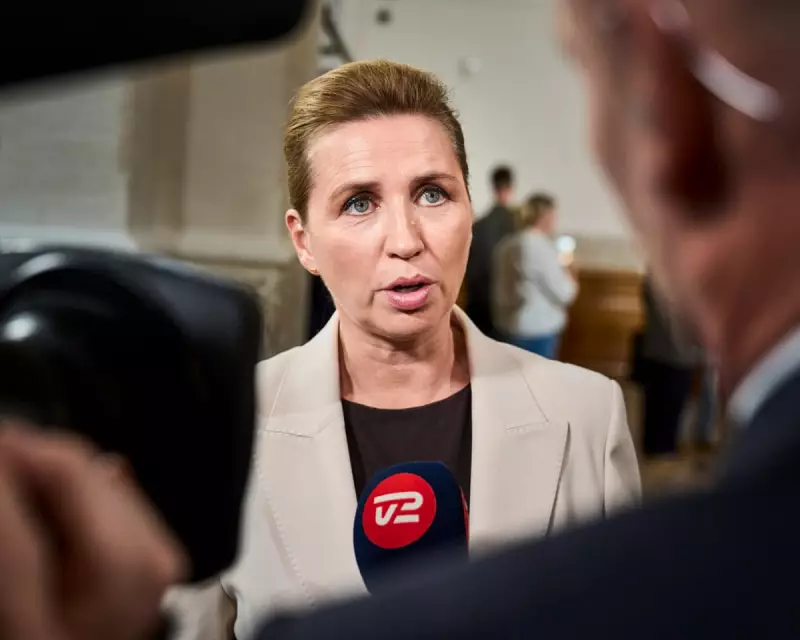
Denmark's political landscape is poised for a seismic shift as the centre-left Social Democrats face the potential loss of Copenhagen for the first time in the city's electoral history. This unprecedented change comes as residents of the Danish capital head to the polls amidst growing disillusionment with the divisive politics of Prime Minister Mette Frederiksen.
A Century of Control Under Threat
The Social Democrats have governed Copenhagen for more than a century, producing every lord mayor since the current municipal system was introduced in 1938. However, as Denmark votes in municipal and regional elections, polls indicate the party's candidate, former government minister Pernille Rosenkrantz-Theil, is likely to be defeated.
Pernille Rosenkrantz-Theil, a friend of Frederiksen with whom she co-owns a summer house, was understood to have been handpicked by the Prime Minister for the role. Her potential defeat signals a dramatic reversal of fortune for a party that has long dominated the capital's politics.
Anti-Elite Rhetoric Alienates Urban Voters
Political analysts point to several factors behind the Social Democrats' declining popularity in urban areas. Prime Minister Frederiksen has increasingly employed anti-elite rhetoric in recent years, a strategy aimed at appealing to working-class voters in rural areas but one that appears to have backfired in larger cities.
Peter Thisted Dinesen, a political science professor at the University of Copenhagen, stated it is "very likely" the Social Democrats will lose the capital, noting that the government's waning popularity is expected to "rub off" on Social Democrat candidates more broadly across the country.
Karoline Lindgaard, the mayoral candidate for the green party the Alternative, offered a blunt assessment: "The Social Democrats have shifted rightward politically, becoming a rightwing populist party on agendas such as integration, unemployment support and the environment."
Political Fallout and Future Prospects
Polling conducted earlier this month by Megafon for TV2 suggests the Green Left, the Red-Green Alliance, and the Alternative could form a left-leaning majority without Social Democrat support. If this proves accurate, Sisse Marie Welling from the Green Left is among those being tipped to become Copenhagen's next lord mayor.
Bent Winther, a political commentator at Berlingske newspaper, has described the Copenhagen mayoral race as "more open than ever", ominously noting that "the rustling of history's wings can be heard approaching city hall."
The Social Democrats' challenges extend beyond political positioning. Many Copenhageners reportedly feel the party has "let the city down," a sentiment exacerbated by the 2020 departure of long-standing lord mayor Frank Jensen, who resigned following sexual harassment allegations.
Lindgaard further criticised the incumbent party's record, stating: "They are on track to worsen the housing crisis, fail the city's climate goals and further a car centric urban paradigm."
The potential downfall of the Social Democrats in Copenhagen represents more than just a local political shift. Frederiksen's hardline policies on integration and immigration have partly inspired the UK government's new asylum and migration policy, making Copenhagen's electoral outcome a potential bellwether for similar political strategies elsewhere in Europe.





